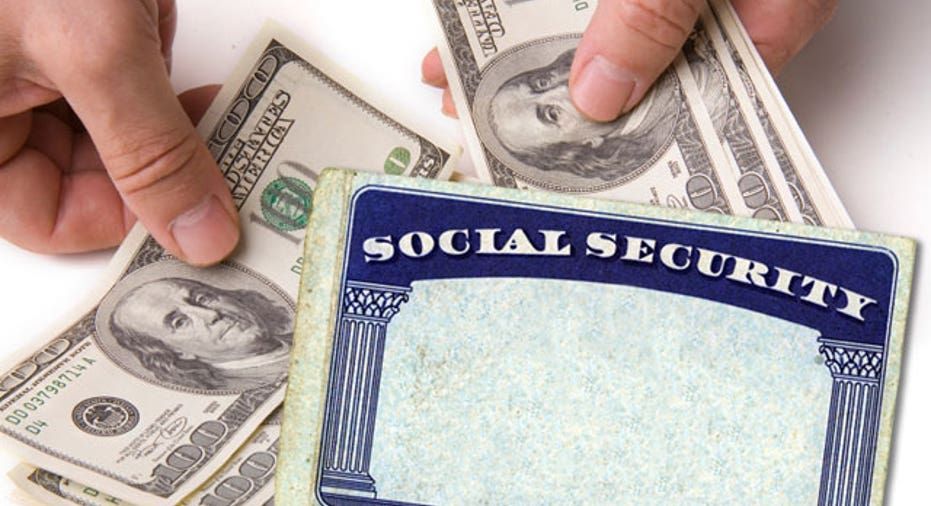Truth About Social Security Benefits and Wage Garnishment

Dear Opening Credits,I seem to recall reading that Social Security payments cannot be garnished. If someone were to default on a credit card and have a judgment placed against them, how would a bank know not to honor an attempted freeze and withdrawal from a Social Security-funded checking account? Could this be an issue with 10,000 baby boomers retiring every day?
-Dave
Dear Dave,Your memory is correct about the laws concerning such government-issued monies. In general, Social Security benefits are indeed exempt from post-judgment collection techniques, including wage garnishment (the process that allows a creditor to take a portion of your paycheck) and bank account levies (the process that allows a creditor take the cash in a checking, savings or investment accounts).
Credit card companies, banks,collection agencies, doctors, hospitals, finance companies and other such creditors do have the right to sue you for nonpayment, and depending on state law, they may also be able to garnish your wages and tap into allowable assets. However, they can't take the money you receive from the Social Security Administration.
Now there are some note worthy exceptions to the law. For example, if the debt incurred is for child or spousal support arrearage, unpaid federal income taxes or overdue public library fines, then garnishments and levies may be allowed.
OK, I'm just kidding about library fines. But if you owe money for the first two reasons, the cash you receive from Social Security is at risk of being taken and applied to the balance due.
As you gathered, though, problems maya rise if you deposit those benefit payments into a savings or checking account and commingle the funds with those from other sources. If creditors for debt not related to the IRS or child/spousal support payments sue you in a court of law and win, the judge may still permit them to use post-judgment collection actions to collect on the debt.This means that if they're allowed to jump into a bank account that has assets from a variety of income sources, including Social Security benefits, it will be very difficult to stop them.
So what can you do to protect the money you receive from the government? The Social Security Administration suggests opening a separate bank account and depositing only your Social Security benefits checks into it. Do so and you should be fine.
Now, returning to your baby boomer question... Well, it would be fabulous if no impending retirees were burdened with scary legal matters that would put their finances in peril. Of course, like the rest of the American population, however, many will begin their golden years dealing with debt and insufficient savings.
According to a 2010 Retirement Fitness Survey from WellsFargo, 39 percent of the respondents said they "will need to work" to make ends meet or maintain their lifestyles. While that may not sound so bad onthe surface, imagine how hard it could be for those who are unable to remain employed due to age-related health concerns.
The fact is,Dave, that Social Security benefits, even when shielded from levies and wage garnishments, are rarely enough for most people to exist on comfortably. Therefore, it is imperative that anyone approaching retirement concentrate on living within their means, deleting debt, saving aggressively and investing prudently.
More from CreditCards.com:



















